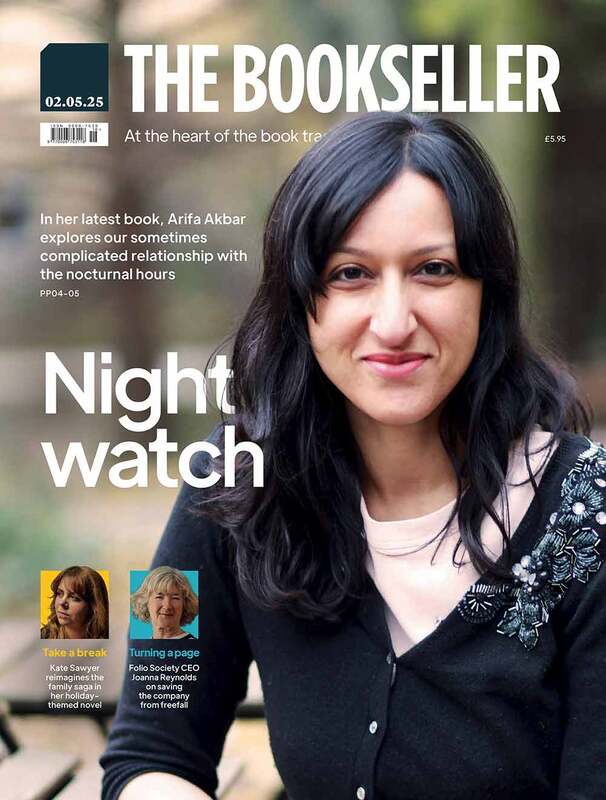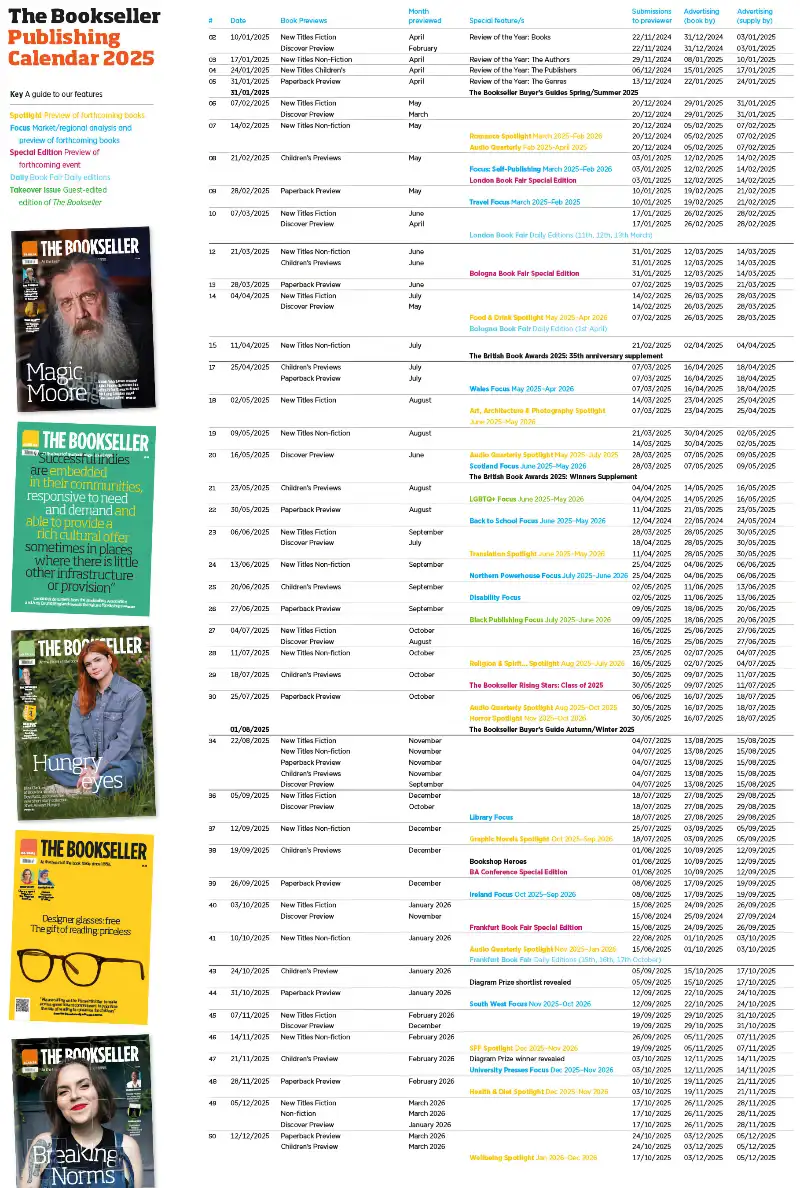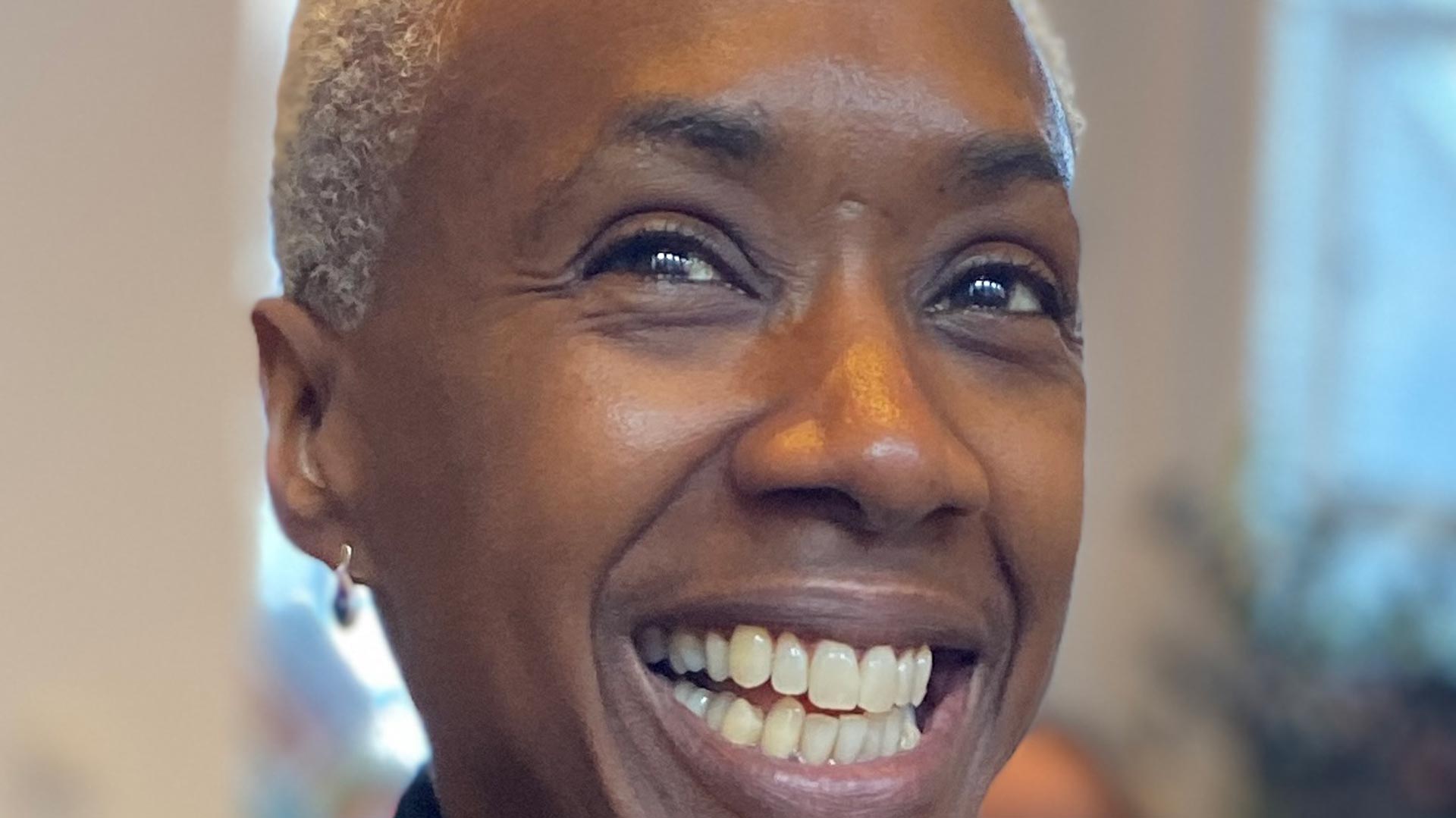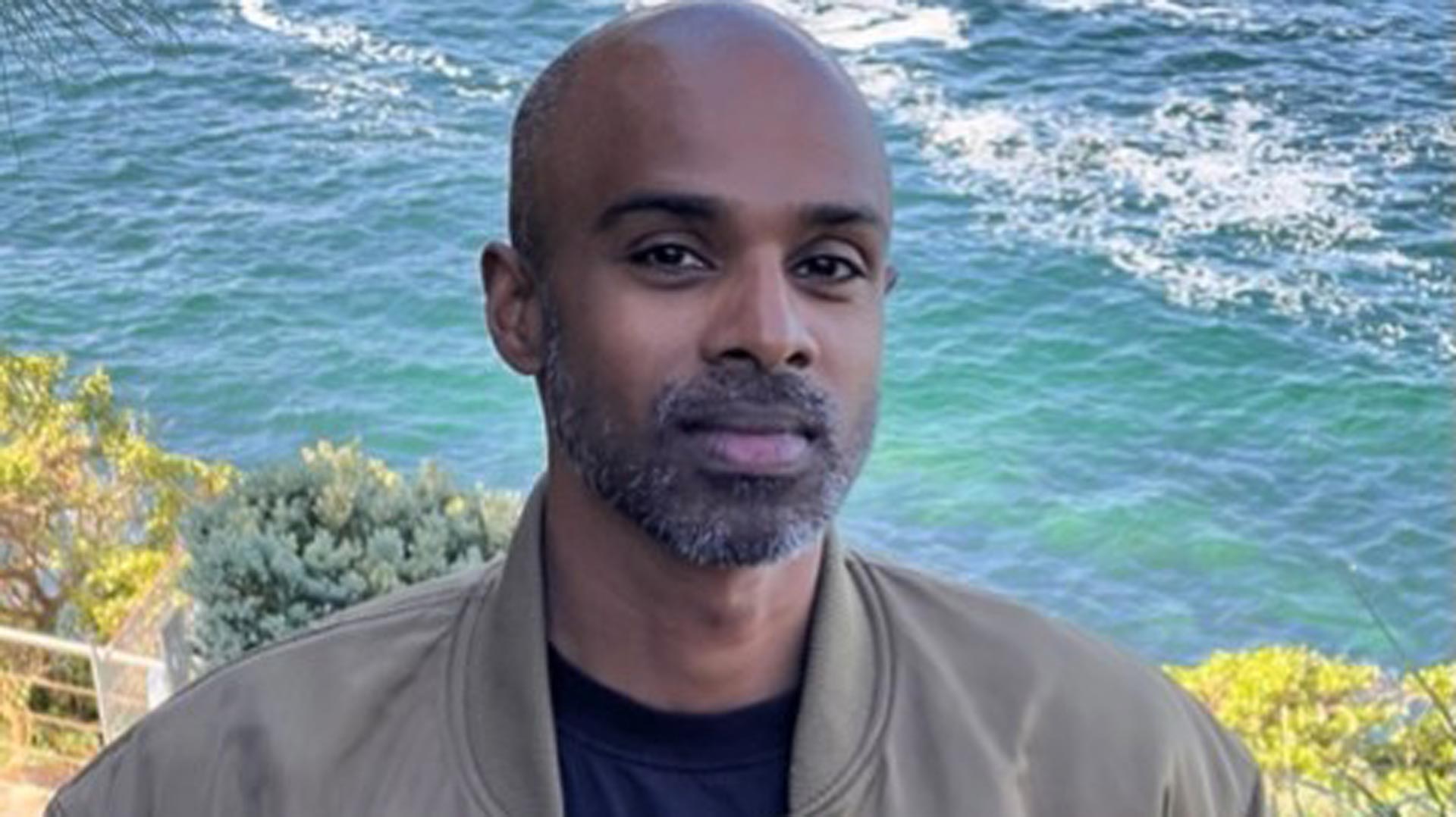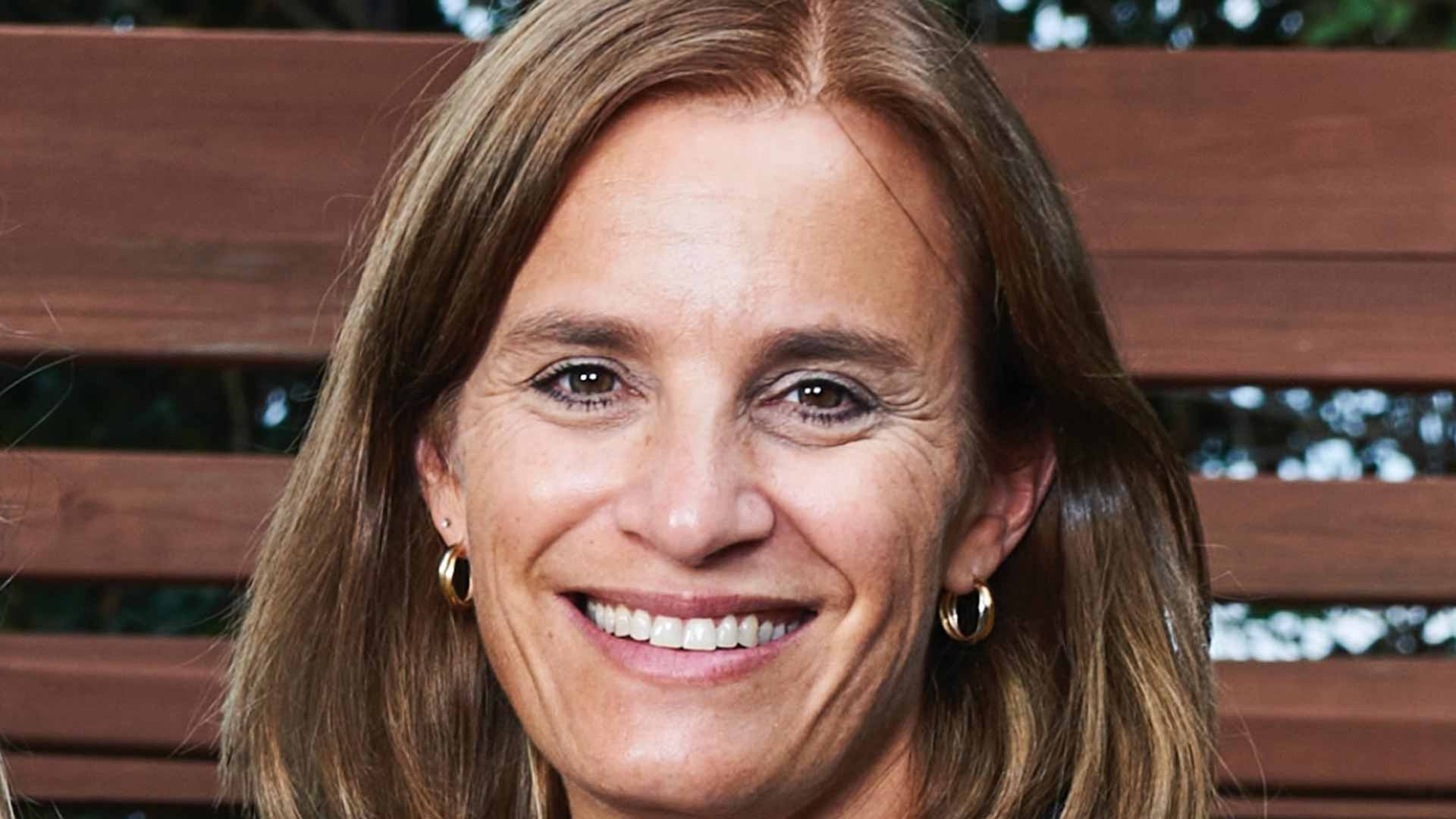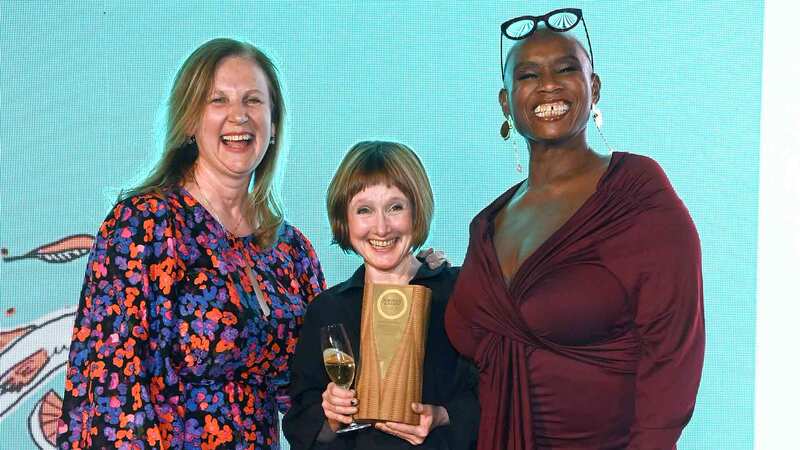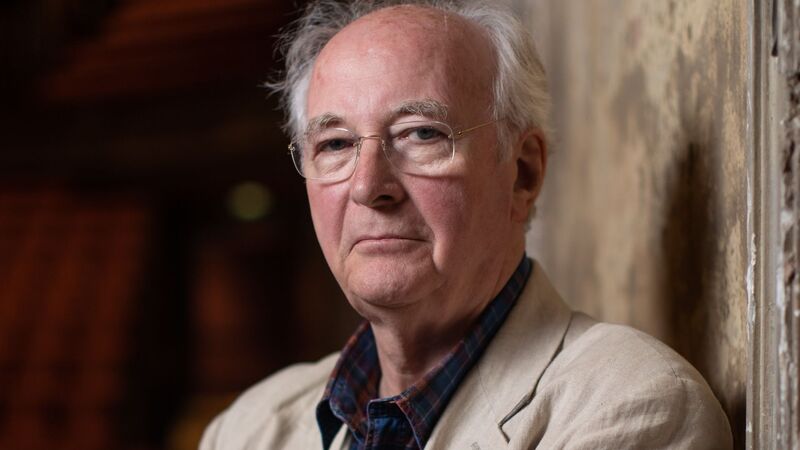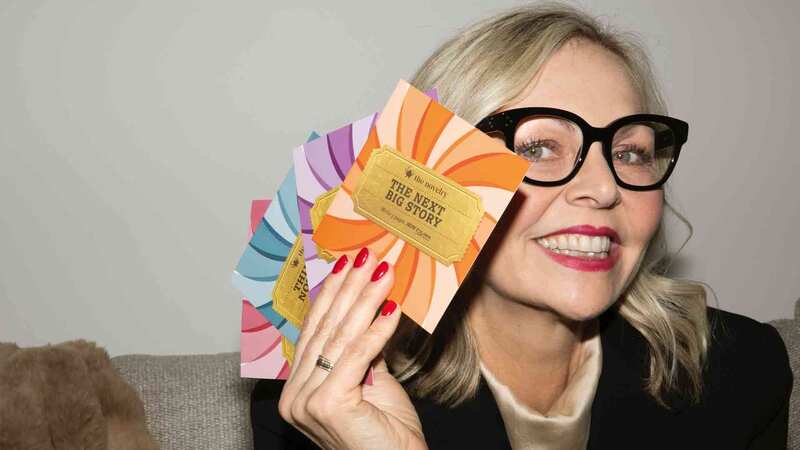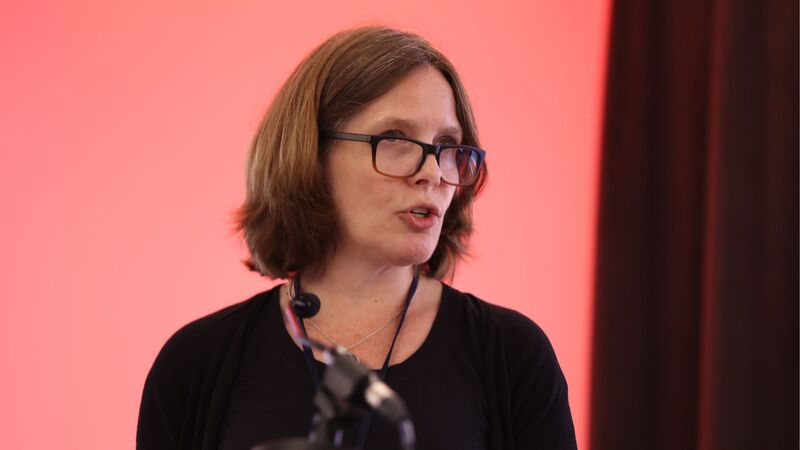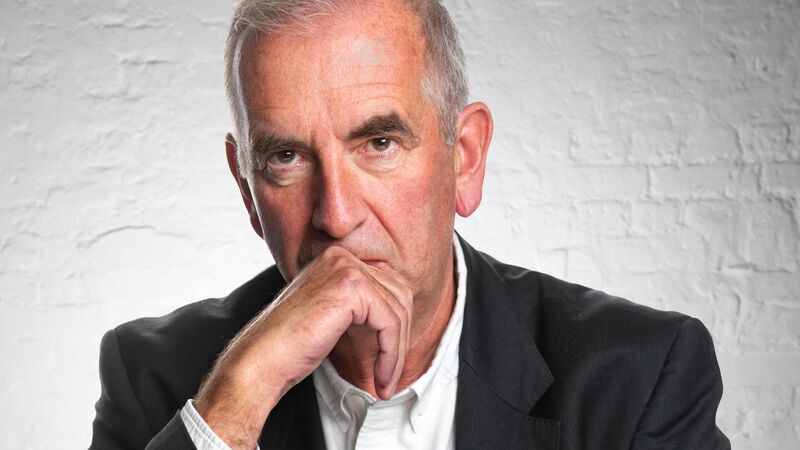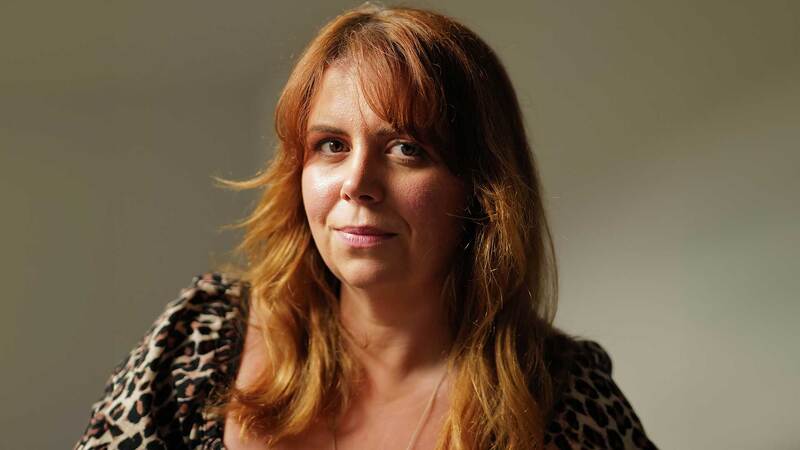You are viewing your 1 free article this month. Login to read more articles.
Publishing professionals call for industry-wide amnesty on use of term 'BAME'
Publishing professionals are calling for “an amnesty” of the term “BAME”—an acronym that stands for Black and Minority Ethnic—which remains “prevalent” across the books industry. Its use continues, despite the UK government having said it would stop using the term more than three years ago after research commissioned by the Race Disparity Unit found that it was “unhelpful”.
In a comment piece for The Bookseller, Michelle Brown, marketing assistant at the Huddersfield Literature Festival, called for an amnesty on the use of the phrase within the publishing industry. She brought the issue to the attention of The Bookseller after discovering that her local independent bookshop had a “BAME” section on its website.
“I was horrified that this term was being used at all, but even more so because it was being used in the literary world. I think it’s fair to assume that the literary world would be a bit more on it, more aware,” she said. “There’s obviously a wish to publish diverse authors and represent people of different ethnicities in books, and yet even though we know that this person is Indian, and this other person is Chinese and you’re African, we’re going to lump you together under the same word, for the simple reason that you’re not white. It’s crazy and it’s insulting. I am, in fact, not ‘not white’. I’m of Jamaican descent. I think the term was originally devised by the government, who have since changed their position on its use. But it is, frankly, degrading. How hard is it to ask someone how they’d like to be described and be specific? Rather than being lazy and using ’BAME’?”
Brown points out that quite often people in the industry are well-intentioned but afraid to raise the subject of ethnicity. She said: “Often, it is liberal-minded people who want to protect and honour [diversity] who get it wrong for the simple reason that they’ve never spoken to the people they’re trying to support. They just make assumptions.” So as part of the drive to remove “BAME” from publishers’ websites, bookshops, job listings and other areas of the industry, she doesn’t want to “name and shame”, but instead to promote a positive conversation. She said: “Risk getting it wrong. If you’re asking a person ‘What should I say?’ you’re having a conversation, rather than whacking on a catch-all label.”
Brown contacted the independent bookshop in question and the owner of the shop changed the terminology on the website immediately. “She took on board everything I had said and changed it, but she said to me ‘I didn’t know it was wrong because in the literary world lots of people are continuing to use it’,” Brown said. This is an observation that is backed up by others in the industry. The question remains why the acronym is still in use in publishing years after other industries and the government have stopped using it.
Co-founder of Inclusive Books for Children, Marcus Satha, told The Bookseller: “I think the term ‘BAME’ persists because it’s an easy-to-use catch-all to describe people who are not white. This has the unfortunate impact of reinforcing the otherness of a cluster of outsiders versus the dominant group. It not only buckets together very diverse ethnicities, but also further marginalises others, such as mixed-heritage identities.”
He added: “At a time when there was almost no consideration for diversity and inclusiveness, ‘BAME’ arguably served as a good starting point for the recognition of minoritised ethnic groups, since numbers were so low. Now that some progress has been made, it is time to adopt terminology that respects the nuances between different ethnic identities. This would be a great step towards achieving the inclusivity in publishing that we at Inclusive Books for Children, amongst many others, would love to see and are committed to bringing into being.”
Josie Dobrin, co-founder and executive chair of Creative Access, said: “Studies show that 80% of millennials consider an employer’s diversity, equality and inclusion policy to be an important factor when deciding whether to work for them [source: PWC]. In our experience, this extends to Gen Z. While the term BAME’ was once a widespread shorthand, the publishing industry needs to wake up to the fact that it effectively flattens the diverse experiences of professionals and authors into a single, reductive category. This can inadvertently limit the scope of everything from hiring and brand perception through to commissioning and marketing. For authors especially it risks signalling a narrow pool of interest.”
She added: “Creative Access rejects the use of the term BAME, and instead encourages publishers to move towards more precise and inclusive language. To truly reflect and respect the distinct identities within our vibrant creative communities.”
Linda Malek, The Candid Book Club and festival founder, told The Bookseller: “In general, there are many acronyms when it comes to describing anything related to people of colour, and ‘BAME’ is another homogenous and reductive term to add to the list that actually marginalises non-white writers. In the very white-dominated publishing industry, BAME is another category that gives publishers a get-out-jail-free card—a quota is filled and books are published, but these writers are not promoted in the same way a white author would be. ‘BAME’ authors face more obstacles in this industry, having to constantly prove that they’re good ‘writers of colour’ rather than just good writers whose work is accessible and worthy of all readers.”
She added: “We absolutely avoid using terms such as ‘BAME’ to describe any of our monthly sell-out book clubs, and the same applies to our inaugural festival [which took place last weekend] where we have invited a huge spread of authors across five sessions. The strength of the line-up, and how amazing the books are, have brought in the crowds and speak for themselves without using a single umbrella term.”
In her comment piece today, Brown has called on the publishing industry to “eradicate” the use of the term and to “set a deadline for when the term will not be acceptable to be used in the literary world”. Malek added: “The publishing industry needs to conduct a serious levelling-up exercise so that all authors are on the same playing field regardless of their race, background, creed or colour.”
If you’d like to respond to this article or anything it has raised, please contact us on matilda.battersby@thebookseller.com.

